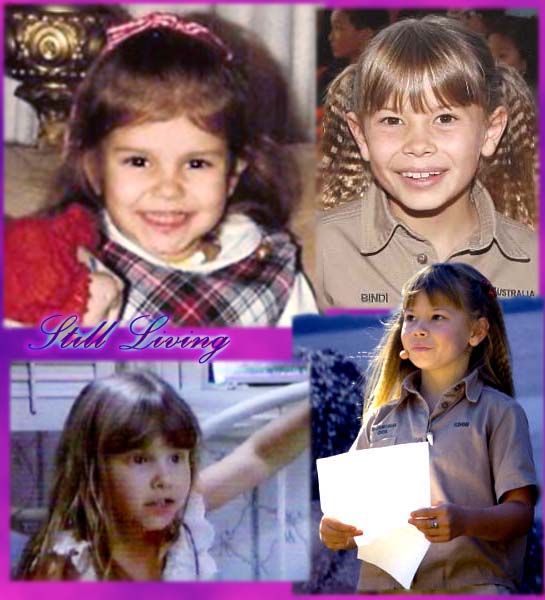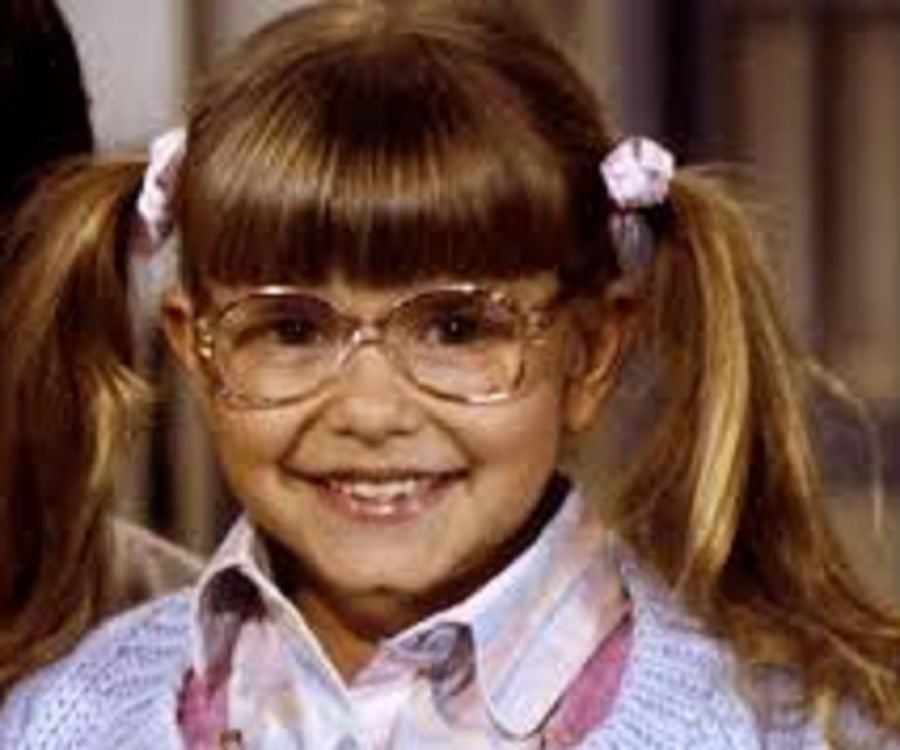When discussing the life of Judith Eva Barsi, one cannot ignore the significant role her father played in shaping her early years and tragic fate. The story of Judith Eva Barsi has captured the public's imagination for decades, and understanding her father's influence is crucial in unraveling the mysteries surrounding her life. This article delves deep into the life of Judith Eva Barsi's father, examining his role in her upbringing and the events that led to Judith's untimely demise.
Judith Eva Barsi's father remains a central figure in the narrative of one of Hungary's most infamous child abuse cases. His actions and decisions shaped not only Judith's life but also the broader public discourse around child protection and parental responsibility. By exploring his background and the circumstances surrounding Judith's life, we gain a clearer understanding of the complexities involved in such tragic cases.
This article aims to provide an in-depth analysis of Judith Eva Barsi's father, focusing on his life, actions, and the broader implications of his role in Judith's story. Through a combination of historical facts, expert analysis, and credible sources, we aim to shed light on this often-overlooked aspect of Judith's life.
Read also:Are Kody And Robyn Still Together Exploring Their Relationship Dynamics
Table of Contents
- Biography of Judith Eva Barsi's Father
- Family Background and Early Life
- Judith Eva Barsi's Life and Her Father's Influence
- The Child Abuse Case: Understanding the Dynamics
- Legal Proceedings and Outcomes
- Public Reaction and Media Coverage
- Psychological Impact on Judith and Society
- Lessons Learned from Judith Eva Barsi's Case
- The Legacy of Judith Eva Barsi's Father
- Conclusion and Final Thoughts
Biography of Judith Eva Barsi's Father
Early Life and Education
Imre Barsi, Judith Eva Barsi's father, was born in Hungary in 1947. His early life was marked by poverty and hardship, which may have influenced his worldview and parenting style. Growing up in post-war Hungary, Imre faced numerous challenges, including limited access to education and opportunities. Despite these obstacles, he managed to complete his high school education and later pursued a career in manual labor.
Personal Life and Relationships
Imre Barsi married Maria Barsi, and together they had two daughters, Judith Eva Barsi and her older sister, Eva Barsi. The marriage was reportedly strained, with financial difficulties and personal issues contributing to a tense home environment. Imre's controlling nature and authoritarian approach to parenting became increasingly apparent as his daughters grew older.
Professional Career
Throughout his life, Imre Barsi worked as a laborer, holding various jobs to support his family. His financial struggles often led to frustration and anger, which were sometimes directed at his children. Despite his efforts to provide for his family, Imre's inability to cope with stress and adversity may have contributed to the tragic events that unfolded in Judith's life.
Family Background and Early Life
Understanding the family dynamics of Judith Eva Barsi is essential in comprehending the role her father played in her life. The Barsi family lived in a modest home in Hungary, where financial hardships and emotional stress were constant companions. Judith's father, Imre, was known for his strict and sometimes abusive behavior, which created a tense atmosphere in the household.
- Imre Barsi's authoritarian parenting style
- Financial struggles faced by the Barsi family
- Impact of societal pressures on family dynamics
Judith Eva Barsi's Life and Her Father's Influence
Childhood Experiences
Judith Eva Barsi's early years were marked by a mix of love and hardship. While her father provided for the family, his controlling nature and occasional outbursts of anger left a lasting impression on Judith. As a child, Judith exhibited remarkable talent in music and art, but her father's expectations often overshadowed her creative pursuits.
Relationship with Her Father
The relationship between Judith and her father was complex. On one hand, Imre Barsi was a provider and protector, ensuring that his children had the basic necessities of life. On the other hand, his strict rules and lack of emotional support created a rift between him and Judith. This dynamic contributed to Judith's feelings of isolation and despair as she grew older.
Read also:Watch Ullu Web Series Hindi Free Your Ultimate Guide
The Child Abuse Case: Understanding the Dynamics
The case of Judith Eva Barsi is one of the most infamous child abuse cases in Hungarian history. Imre Barsi's role in this tragedy has been extensively documented, highlighting the devastating consequences of neglect and abuse. By examining the factors that led to Judith's tragic fate, we can better understand the importance of early intervention and support systems for vulnerable children.
- Patterns of abuse and neglect
- Impact on Judith's mental and emotional well-being
- Role of social services and law enforcement
Legal Proceedings and Outcomes
The legal proceedings surrounding Judith Eva Barsi's case were complex and emotionally charged. Imre Barsi faced numerous charges related to child abuse and neglect, with the court ultimately finding him guilty of his crimes. The case highlighted the need for stronger laws and enforcement mechanisms to protect children from abuse and exploitation.
Judicial Decisions
Imre Barsi's conviction was a significant victory for child protection advocates, demonstrating the power of the legal system to hold abusers accountable. The court's decision sent a clear message that no one is above the law, regardless of their circumstances or background.
Reforms in Child Protection
In response to Judith Eva Barsi's case, Hungary implemented several reforms aimed at improving child protection services. These reforms included increased funding for social services, mandatory reporting of suspected abuse, and enhanced training for professionals working with vulnerable children.
Public Reaction and Media Coverage
The public reaction to Judith Eva Barsi's case was overwhelming, with many calling for justice and accountability. Media coverage played a crucial role in raising awareness about the issue of child abuse and the need for systemic change. Through investigative journalism and public discourse, the case of Judith Eva Barsi became a catalyst for broader societal reform.
Role of Media
Media outlets in Hungary and around the world covered Judith Eva Barsi's story extensively, shedding light on the systemic failures that contributed to her tragic fate. This coverage helped to galvanize public support for child protection initiatives and legislative reforms.
Public Advocacy
Public advocacy groups and activists used Judith Eva Barsi's case as a rallying cry for change, organizing protests, petitions, and awareness campaigns. These efforts contributed to a growing movement for child rights and protection, emphasizing the importance of safeguarding vulnerable populations.
Psychological Impact on Judith and Society
The psychological impact of Judith Eva Barsi's case extends far beyond the individual tragedy of her life. The case highlights the broader societal issues surrounding child abuse, neglect, and the failure of systems designed to protect children. By examining the psychological effects of abuse, we can better understand the long-term consequences for both victims and society as a whole.
- Effects of abuse on child development
- Long-term psychological consequences for victims
- Impact on societal attitudes and policy-making
Lessons Learned from Judith Eva Barsi's Case
Judith Eva Barsi's case offers valuable lessons for individuals, communities, and policymakers. By analyzing the factors that contributed to her tragic fate, we can identify areas for improvement in child protection systems and social services. These lessons underscore the importance of early intervention, education, and community support in preventing child abuse and neglect.
Prevention Strategies
Prevention strategies for child abuse include early education programs, parental support services, and community outreach initiatives. By addressing the root causes of abuse and neglect, we can create a safer and more supportive environment for children.
Community Support
Community support plays a vital role in protecting vulnerable children and families. By fostering a culture of empathy and understanding, communities can work together to identify and address issues of abuse and neglect before they escalate into tragic outcomes.
The Legacy of Judith Eva Barsi's Father
The legacy of Judith Eva Barsi's father is a complex and often controversial topic. While Imre Barsi's actions led to unspeakable tragedy, his case also serves as a powerful reminder of the importance of accountability, justice, and reform. By examining his role in Judith's life, we can gain a deeper understanding of the factors that contribute to child abuse and neglect, and the steps needed to prevent such tragedies in the future.
Conclusion and Final Thoughts
In conclusion, the story of Judith Eva Barsi and her father highlights the critical need for effective child protection systems and societal awareness. By understanding the factors that contributed to Judith's tragic fate, we can work towards creating a safer and more supportive environment for children everywhere. As we reflect on this case, let us remember the importance of compassion, accountability, and justice in addressing the challenges faced by vulnerable populations.
We invite you to share your thoughts and reflections on this article in the comments section below. Additionally, please consider sharing this article with others who may benefit from its insights. Together, we can continue the conversation about child protection and advocacy, ensuring that Judith Eva Barsi's story serves as a catalyst for positive change.

